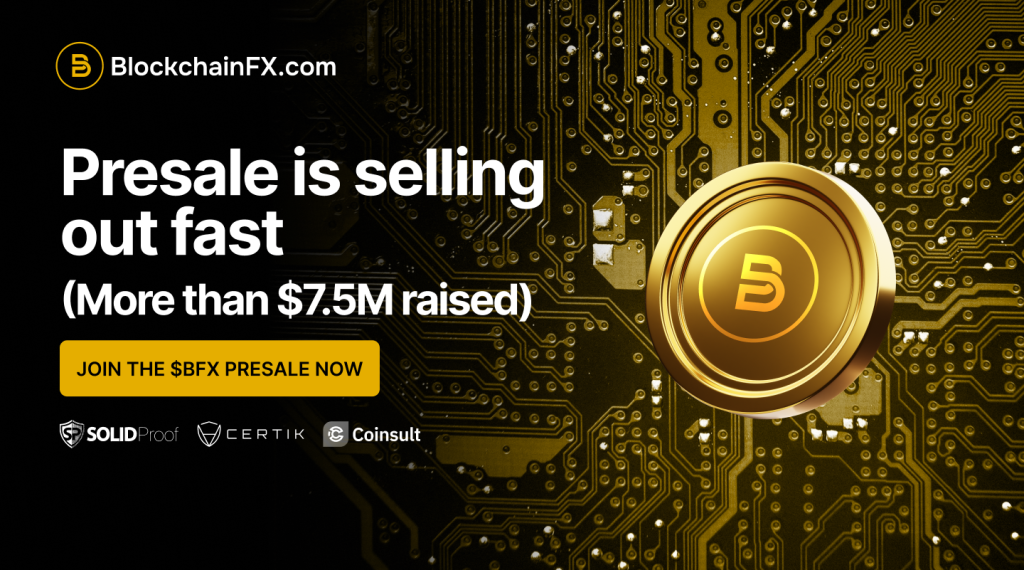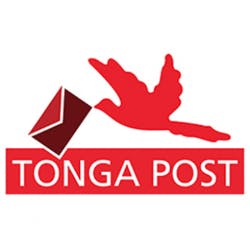Sam Altman is preparing to take OpenAI public as early as 2027


Sammy Altman is preparing to take OpenAI public by 2027, following a tense back-and-forth with California officials that nearly ended in a lawsuit.
The agreement that clears the way for the IPO was finalized Monday evening, according to The Wall Street Journal, and locks in a new corporate structure for OpenAI, keeps the company in California, and lets Sam move ahead without facing legal action from California Attorney General Rob Bonta.
Sam made his move nearly two weeks ago. He called Bonta directly and told him OpenAI didn’t want to leave California, but it would if Bonta blocked the restructuring plan.
The company had already spent months pushing the narrative that it was too important to California’s economy to be chased out. Sam promised not to follow Elon Musk’s lead and ditch the state, and said he wouldn’t sue either. But the message was clear: if the state didn’t play ball, OpenAI had options.
Altman gets green light after political pressure and concessions
The company’s conversion to a more traditional structure had sparked a long investigation and triggered backlash from unions, nonprofit groups, and competitors. Many claimed OpenAI was violating its original nonprofit mission.
In May, Sammy gave ground by agreeing to keep the OpenAI Foundation, the original nonprofit, in charge of the newly structured for-profit entity. That move helped shift the tide.
To calm concerns and show its worth, OpenAI published several economic reports. One August report said California led the country in productivity, housed the most private AI companies, and pulled in 68% of U.S. venture capital in the first half of the year.
The company also hired political figures like former Senator Laphonza Butler to help push its case. San Francisco Mayor Daniel Lurie even called Bonta to stress how much the city needed OpenAI to stay.
Sam had worked on Lurie’s transition team and was part of a group that convinced President Trump not to send federal forces into the city.
The final deal gives the green light for OpenAI’s IPO preparations, while keeping it under the eye of both the OpenAI Foundation and Bonta’s office.
The nonprofit will appoint the board of directors, and Bonta must receive three weeks’ notice before any major changes to the company’s mission or structure. A safety committee will also be in place with the authority to block any AI model launches it deems risky.
Sam confirmed on Tuesday that a public offering is likely, but said there’s no fixed timeline. “California is my home, and I love it here,” he posted on X. “We really wanted to figure this out and are really happy about where it all landed.”
Safety concerns nearly halted OpenAI’s restructuring
The talks got more complicated in September after Bonta and Delaware Attorney General Kathy Jennings raised concerns about safety. They sent a letter saying OpenAI and the entire AI industry weren’t doing enough to protect users.
They pointed to suicides reportedly linked to prolonged interactions with ChatGPT, including a murder-suicide in Connecticut that was covered by The Wall Street Journal.
Sam responded by meeting Bonta face-to-face and walking him through new safety measures. The company added parental controls and other child-protection features. After that meeting, Bonta told Bloomberg News he believed Sam was “authentically committed” to addressing the problems. That helped bring the talks to a close.
Bonta has decided not to sue, but his office will continue to monitor the company. The OpenAI Foundation will remain in charge, and the new safety committee can halt any future AI model releases if needed.
With that, Sam gets to stay in California, keep the restructuring intact, and line up one of the most anticipated IPOs of the decade.
Get up to $30,050 in trading rewards when you join Bybit today





